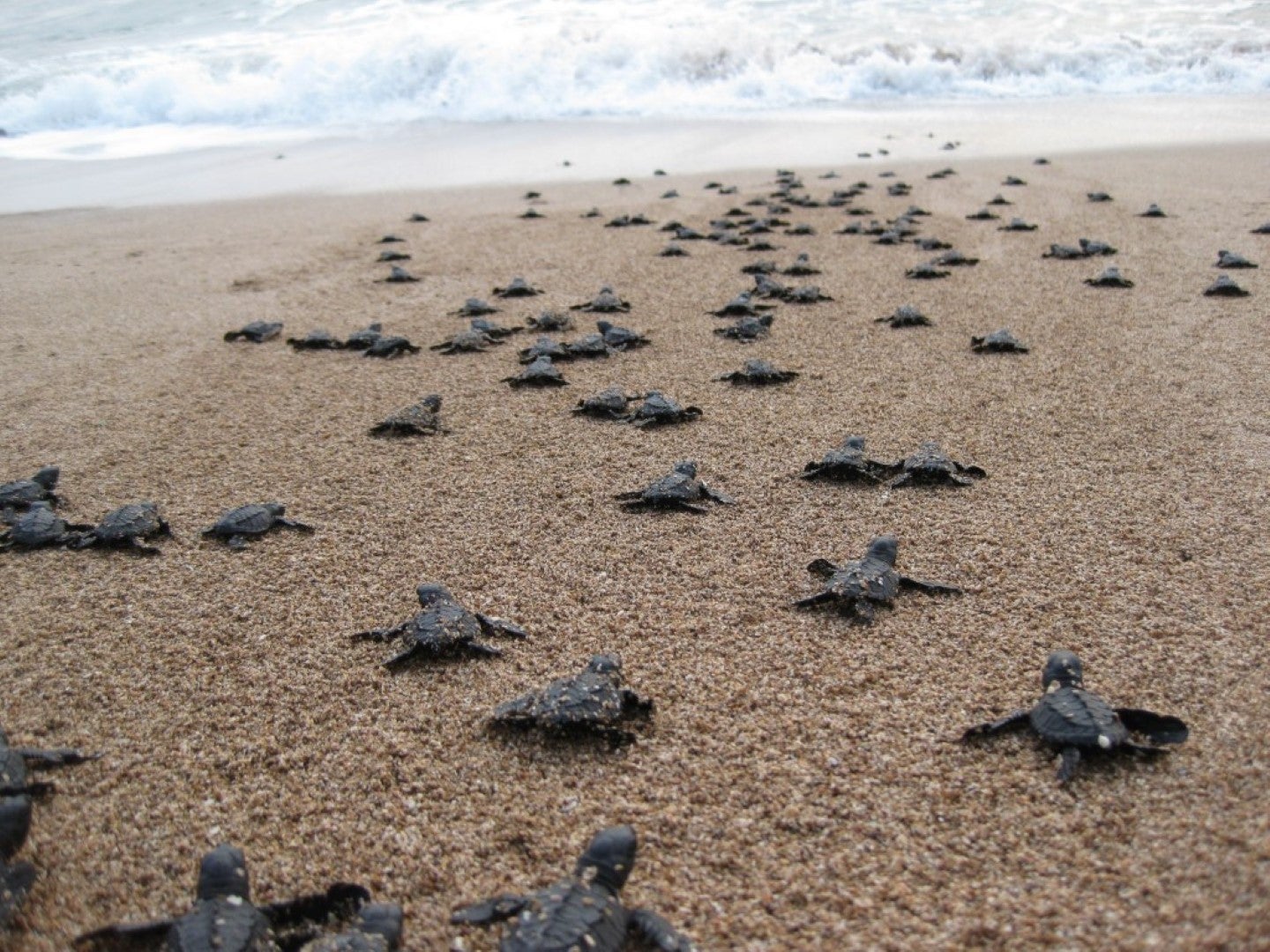Children in Angola’s Benguela region learn about sea turtles
Building environmental awareness from a young age has positive impacts for conservation of the ancient reptiles

Your support helps us to tell the story
From reproductive rights to climate change to Big Tech, The Independent is on the ground when the story is developing. Whether it's investigating the financials of Elon Musk's pro-Trump PAC or producing our latest documentary, 'The A Word', which shines a light on the American women fighting for reproductive rights, we know how important it is to parse out the facts from the messaging.
At such a critical moment in US history, we need reporters on the ground. Your donation allows us to keep sending journalists to speak to both sides of the story.
The Independent is trusted by Americans across the entire political spectrum. And unlike many other quality news outlets, we choose not to lock Americans out of our reporting and analysis with paywalls. We believe quality journalism should be available to everyone, paid for by those who can afford it.
Your support makes all the difference.By Ivanilson Ramos for Radio Benguela in Angola
Sea turtles are migratory animals that live in the oceans, and have found in recent times difficulties in keeping their habitat and ecological niche preserved, due to the invasion of human beings into their habitat. These animals date back more than 150 million years, inhabiting tropical and sub-tropical regions. Angola is one of the countries on the western African coast that may be of greatest importance for some species of sea turtles. However, in recent years, the government and civil society have intensified actions aimed at the protection and conservation of biodiversity, in particular sea turtles. Environmental awareness and inclusion of communities are necessary for the effective protection and conservation of sea turtles in Angola.
Listen to Ivanilson’s full report here (in Portuguese).
This article is reproduced here as part of the African Conservation Journalism Programme, funded in Angola, Botswana, Mozambique, and Zimbabwe by USAID’s VukaNow: Activity. Implemented by the international conservation organization Space for Giants, it aims to expand the reach of conservation and environmental journalism in Africa, and bring more African voices into the international conservation debate. Written articles from the Mozambican and Angolan cohorts are translated from Portuguese. Broadcast stories remain in the original language.
Join our commenting forum
Join thought-provoking conversations, follow other Independent readers and see their replies
Comments